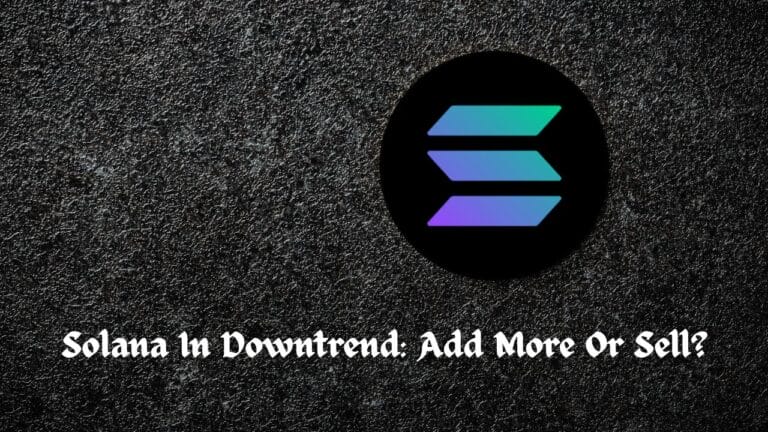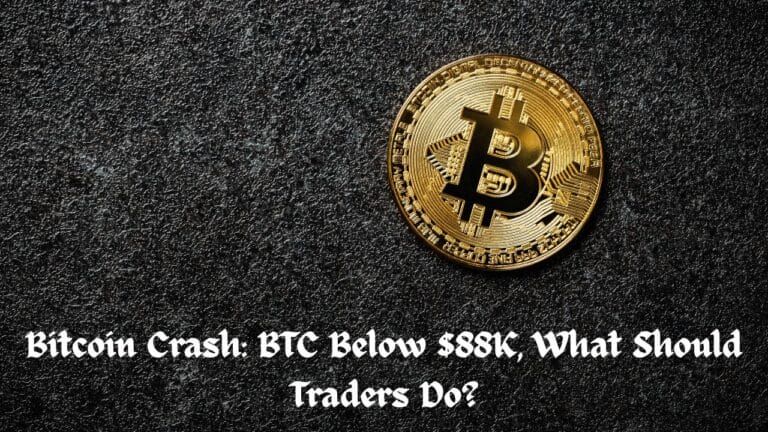Key takeaways:
- Ripple has been ordered by SEC to provide information into the firm’s crypto sales
- U.S. district judge has ruled in favour of the SEC’s motion
In a significant development in the ongoing legal battle between Ripple Labs and the U.S. Securities and Exchange Commission (SEC), a U.S. district judge has ruled in favor of the SEC’s motion, ordering Ripple to furnish additional information about its financials and institutional sales of XRP.
The SEC initiated legal proceedings against Ripple over three years ago, alleging unregistered sales of XRP, a cryptocurrency closely associated with the company. Last year, Judge Analisa Torres of the Southern District Court of New York delivered a mixed ruling, determining that while sales of XRP to institutional investors were deemed unlawful securities sales, “blind bid” sales to retail investors were not.
In compliance with the recent court order, Ripple is required to provide documentation related to its contracts and proceeds from institutional XRP sales subsequent to the SEC’s initial complaint filing. Despite Ripple’s concerns regarding potential delays in legal proceedings, the court dismissed these objections, emphasizing the crucial role of such documentation in determining appropriate remedies and penalties.
The legal dispute between Ripple and the SEC commenced in 2020 when the SEC filed a lawsuit against Ripple, alleging $1.3 billion in unregistered securities sales. While Ripple secured a partial victory in court last year with a ruling that programmatic sales of XRP to retail investors did not constitute securities transactions, the judge upheld that $728 million in contracts for institutional sales indeed represented unregistered securities sales.
This ruling was perceived as a significant win for the broader cryptocurrency industry by investors and Ripple Labs. Ripple CEO Brad Garlinghouse criticized the SEC’s regulatory stance as “hostile” to the industry during a recent speech at the World Economic Forum in Davos. Garlinghouse also expressed skepticism about SEC Chair Gary Gensler’s approach to cryptocurrency regulation, branding it ineffective.
The recent court order also mandates Ripple to disclose contracts governing corporate sales of XRP following the SEC’s complaint, underscoring the SEC’s focus on understanding the dynamics of Ripple’s corporate sales and ensuring compliance with regulatory standards.
Furthermore, the SEC’s demand for Ripple to address specific questions regarding revenue from XRP corporate sales adds complexity to the ongoing legal battle, reflecting broader regulatory concerns about potential market abuses in the cryptocurrency sector.
These legal developments highlight the intricate interplay between regulatory scrutiny, judicial interpretation, and industry response, underscoring the pressing need for regulatory clarity in the cryptocurrency sector. Despite Ripple’s opposition, the court emphasized the importance of accessing relevant financial information for the remedy stage of the legal proceedings, agreeing with the SEC on the significance of post-complaint institutional sales data in determining the necessity and justness of an injunction.










